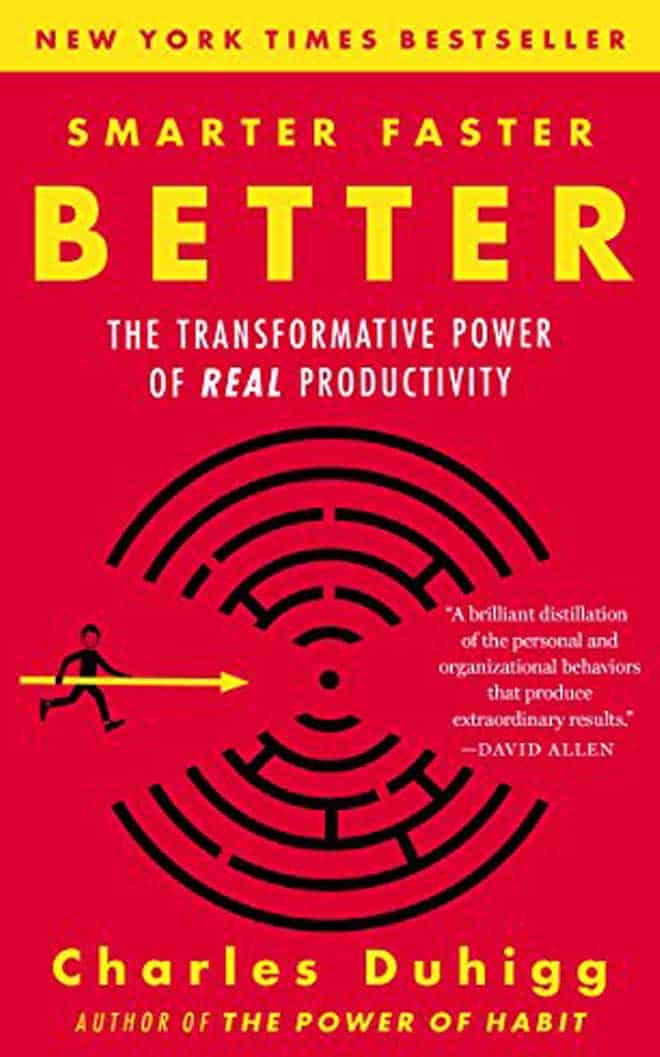


The summary of Smarter Faster Better – The Secrets of Being Productive in Life and Business presented here include a short review of the book at the start followed by quick overview of main points and a list of important take-aways at the end of the summary. Noteworthy mention in this chapter is of "Good Judgement Project" by University of California Berkeley about how to teach brain to think in probabilistic decision making terms.Download Summary of Smarter Faster Better Review Keypoints and Take aways Book in PDF, Epub and Kindle Bayes statistics differs from the Big Data and AI jargon you keep on hearing because it starts with prior base rate and with the given data makes assumption and doesn't require huge amount of historical data to make an inference (in short it runs multiple models and posterior probabilities are updated or skewed with observed real world outcomes). She did this using Bayes formula and applying statistics overlay over her decision making. Inadvertently she got into poker and won the world championship one of the few woman to do that. in psychology from Columbia University but was not sure academics was her path way and suffered debilitating anxiety. Annie Duke if you have not heard of her through her books (Thinking in Bets!) and Ted talks then let me give a brief introduction. This will amuse those of us who are statistically minded or into behavioral psychology or economics ( Daniel Kahneman -Thinking fast and thinking slow!). If you are managing someone provide them "psychological security".Further if you are not the expert then its essential to understand that problem is solved by those who are closest to it and know most about it. My experience has been that, either there is a flimsy shaking of head in unison and treatment of people as imbeciles or outright bullying and shutting down of any new ideas in most corporate environment I have been witness to. Further there is no repercussion for speaking your mind and there is a intellectually honest discussion about it. Whether each advice is accepted and incorporated or not is not of essence as long as they are told "why" and there is a robust discussion. An effective team is where each member has equal opportunity to say what they have to say. The key mantra in this chapter is about giving equal time to voices in the team (not equal voice but equal time), acceptance of mistake and uninhibited presentation of ideas and views without judgement or retribution. There are few great examples from Saturday Night Live and Google which illustrate how great teams work and perform. This is more relevant for folks looking for what makes teams click, team work and what good leadership is or should look like.


 0 kommentar(er)
0 kommentar(er)
